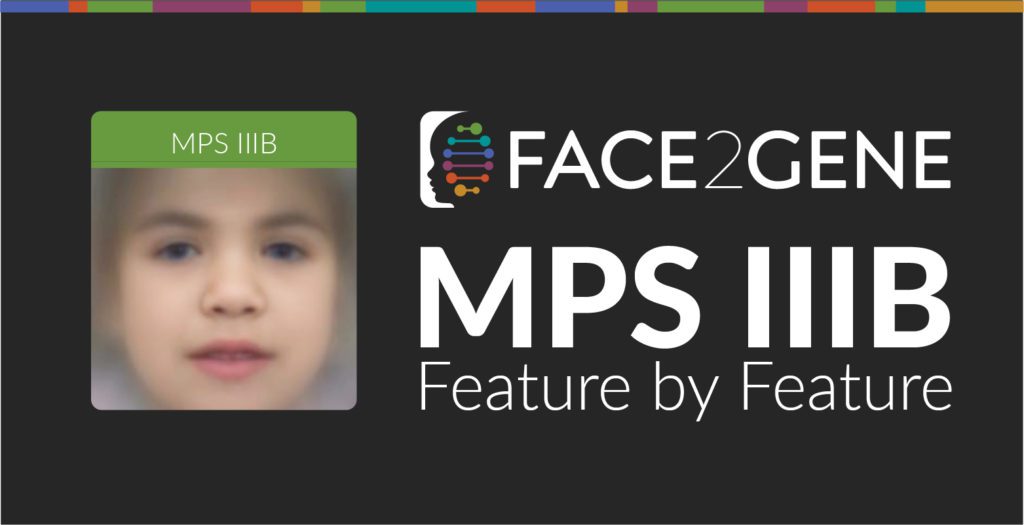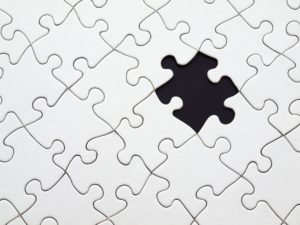In May, FDNA reached out to clinicians and patients globally as part of the Year of Discovery to collect and analyze patient data from a category of syndromes known as Metabolic Disorders and Lysosomal Storage Disorders (LSD) in partnership with Blueprint Genetics and the National MPS Society. As part of this research into new facial analysis and phenotype-genotype discoveries, we wanted to share a visualization from this category of syndromes to emphasize how the underlying genetics of a syndrome result in physical features—and other phenotypes—which can be used to help clinicians in diagnosing affected patients.
Below is a visualization of facial features that are commonly present in patients with an LSD called Mucopolysaccharidosis Type IIIB (MPS3B), also known as Sanfilippo Syndrome Type B.
The results
Sanfilippo Syndrome B (Mucopolysaccharidosis Type IIIB; MPS3B)
Typical facial structure and form (gestalt) of patients with MPS3B
When a clinician analyzes a patient using Face2Gene, the clinician will be presented with a list of syndromes that contain similar morphology, as well as a list of phenotypes and genes that the artificial intelligence engine recommends the clinician should consider in their evaluation.
To learn about all the syndromes that have benefited from Face2Gene technology, or to get involved, please contact FDNA, or see more ways to get involved below.
The data behind this visualization is now available for use in facial analysis of patients using the Face2Gene CLINIC application, available free of charge for healthcare providers at www.Face2Gene.com.
Get Involved
Healthcare Professionals: Do you have cases to upload that can help Face2Gene recognize overgrowth syndromes and accelerate advancements? Upload them through the app or at www.Face2Gene.com, or use the Face2Gene RESEARCH app to conduct your own research.
Patients and Families: Ask your doctor to add your or your child’s case to Face2Gene. The personal information will only be accessible to your doctor but the de-identified data may help others who are battling a rare disease. Click here for more information.



